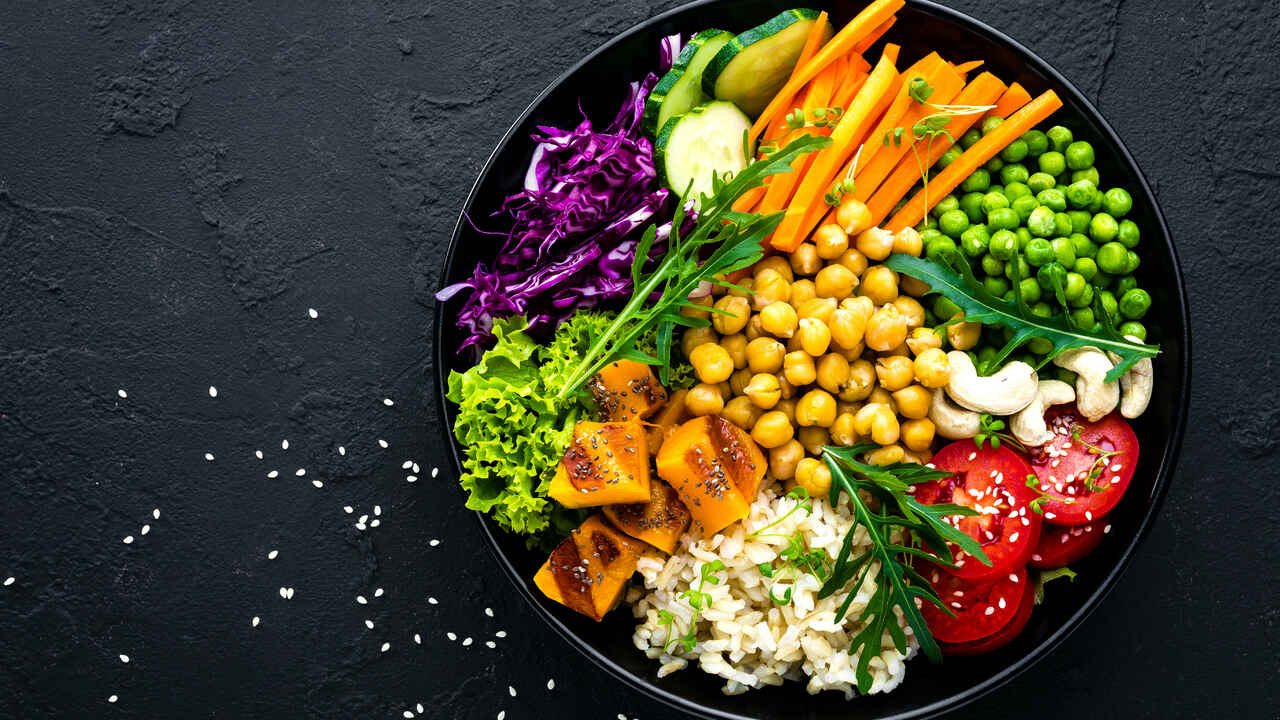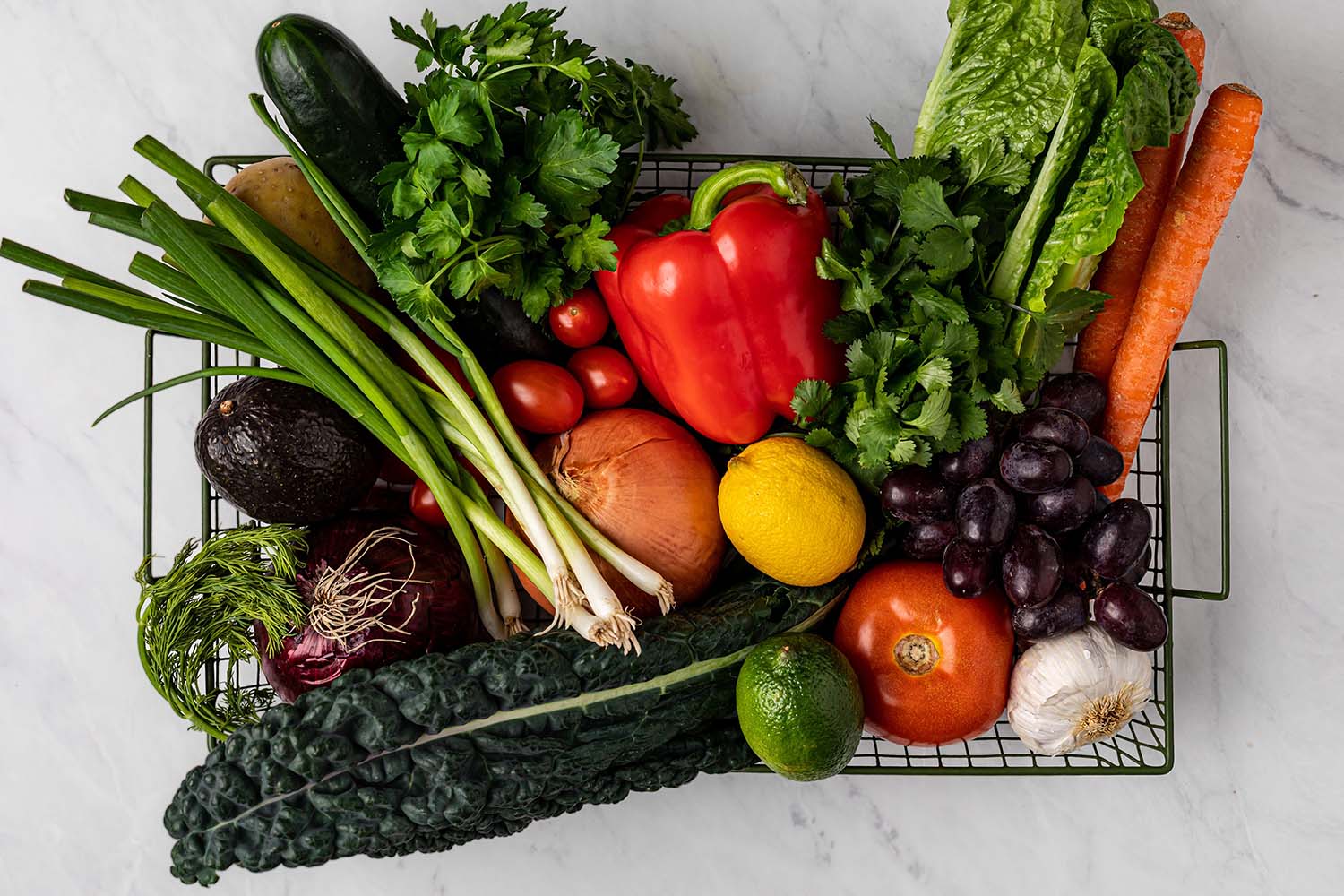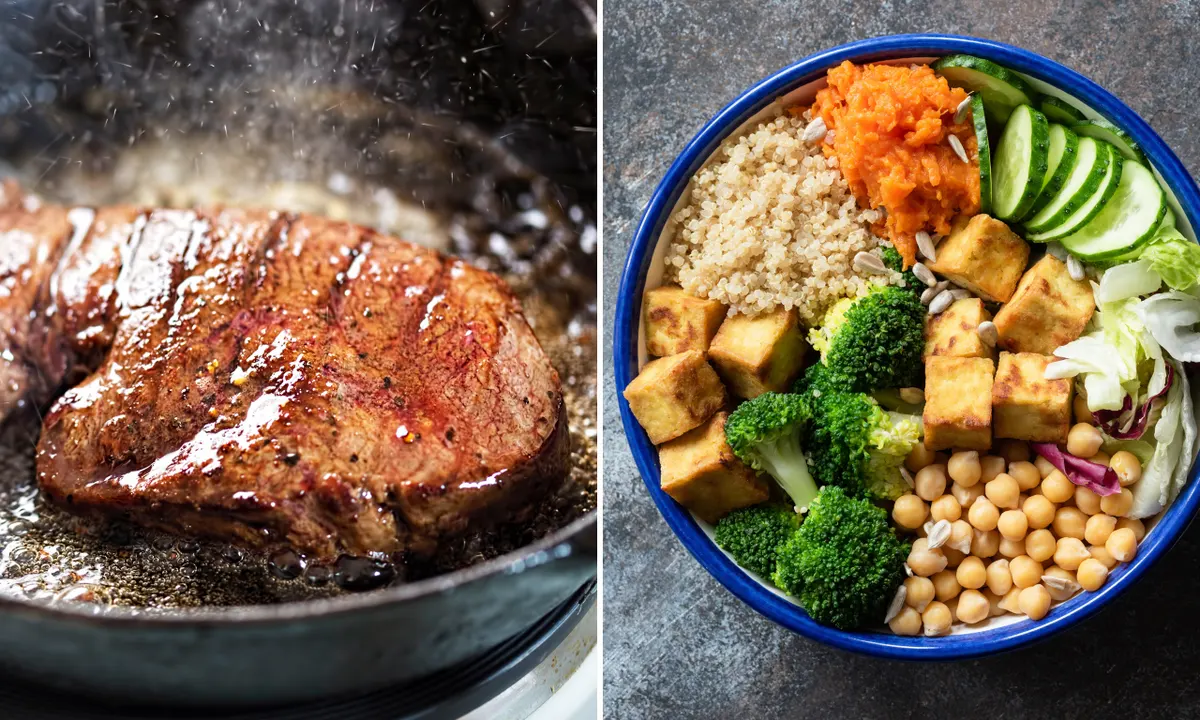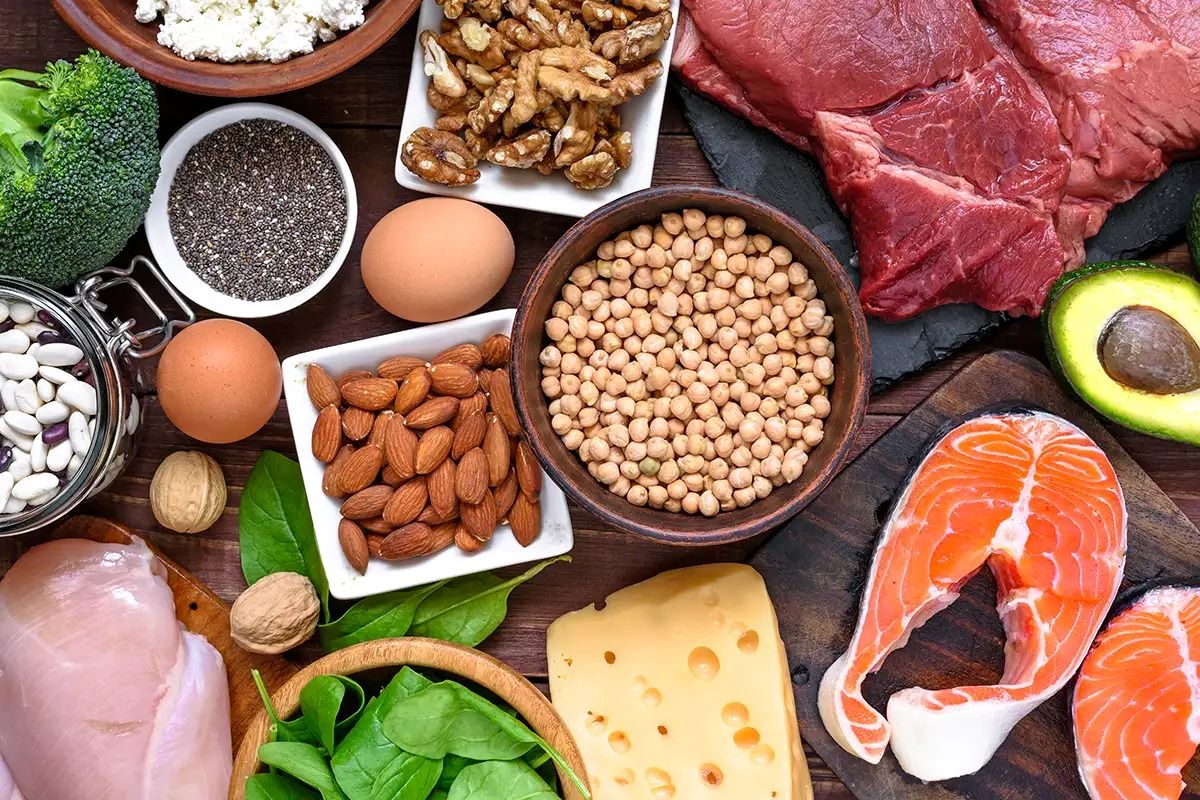Transitioning to a Plant-Based Diet
Switching to a plant-based diet can be a positive and healthy choice for both your body and the environment. Whether you’re looking to fully commit to a vegan lifestyle or simply incorporate more plant-based meals into your diet, there are several key steps to keep in mind.
Focus on Whole Foods
When following a plant-based diet, it’s important to prioritize whole, unprocessed foods. This includes plenty of fruits, vegetables, whole grains, legumes, nuts, and seeds. These foods are rich in essential nutrients and fiber, which can help support overall health and well-being.
Get Creative with Meal Planning
One of the keys to success with a plant-based diet is to get creative with your meal planning. Experiment with different recipes and ingredients to keep your meals exciting and satisfying. Consider trying out new fruits, vegetables, and plant-based protein sources to keep your diet diverse and nutritious.
Ensure Proper Nutrient Intake
While a plant-based diet can be incredibly nutritious, it’s important to pay attention to certain nutrients that are commonly found in animal products. Vitamin B12, iron, calcium, and omega-3 fatty acids are all essential for overall health. Consider incorporating fortified foods or supplements to ensure you’re meeting your nutrient needs.
Embrace Plant-Based Protein Sources
Protein is an essential macronutrient that plays a crucial role in the body. While many people associate protein with animal products, there are plenty of plant-based sources of protein to choose from. Lentils, beans, tofu, quinoa, and tempeh are just a few examples of nutritious plant-based protein sources that can be incorporated into your meals.
Stay Mindful of Processed Foods
While it’s okay to enjoy the occasional plant-based burger or dairy-free ice cream, it’s important to be mindful of your intake of processed plant-based foods. These products can be high in added sugars, sodium, and unhealthy fats. Focus on whole foods as the foundation of your plant-based diet, and use processed options in moderation.
Listen to Your Body
As you transition to a plant-based diet, pay attention to how your body responds to the changes. Everyone’s nutritional needs are unique, so it’s important to listen to your body and make adjustments as needed. If you’re feeling fatigued or notice any changes in your health, consider consulting with a healthcare professional or registered dietitian.
Conclusion
Embracing a plant-based diet can be a wonderful opportunity to explore new foods, support your health, and contribute to a more sustainable food system. By focusing on whole foods, getting creative with meal planning, and ensuring proper nutrient intake, you can thrive on a plant-based diet and enjoy all the delicious and nutritious options it has to offer.











